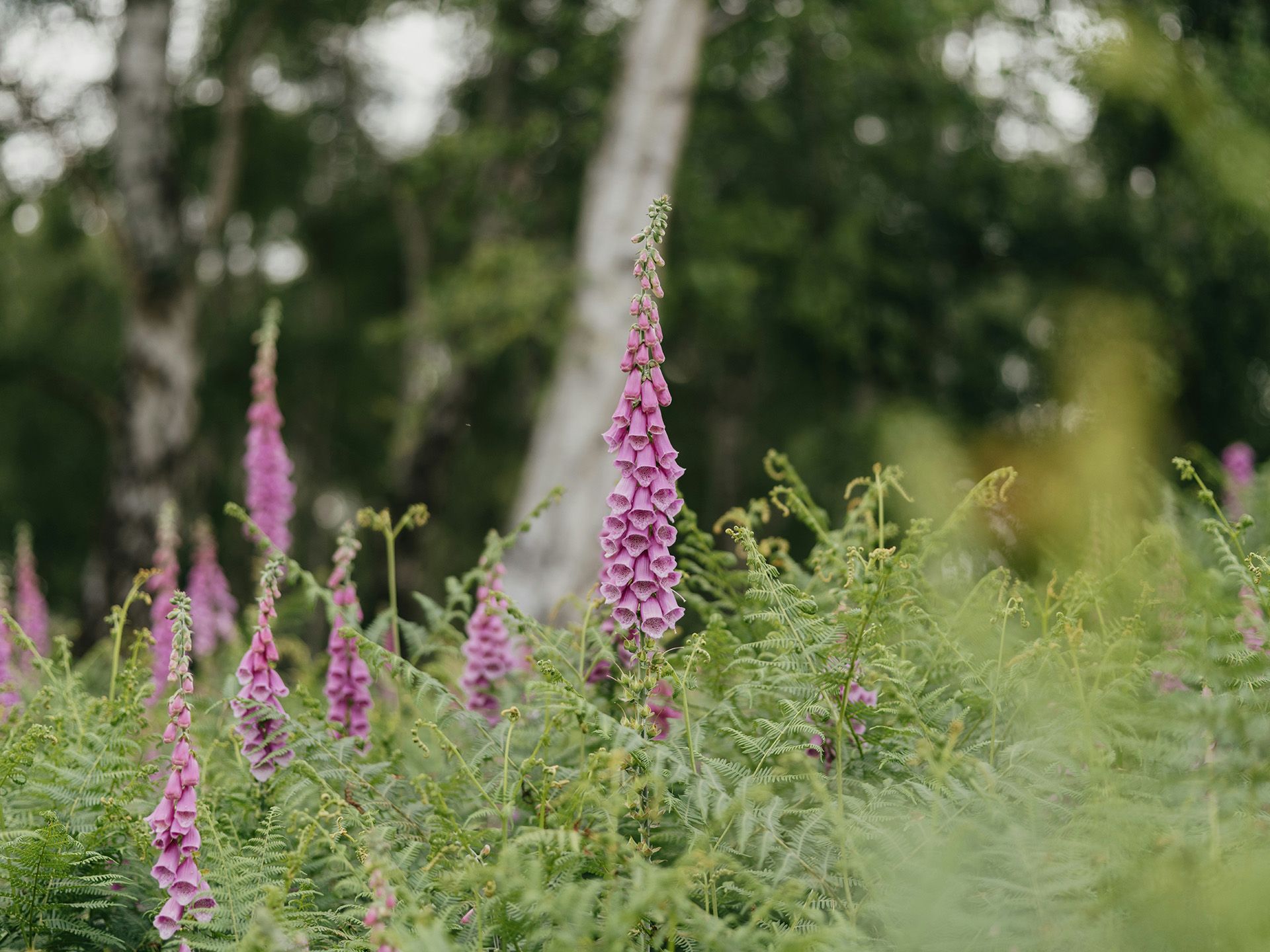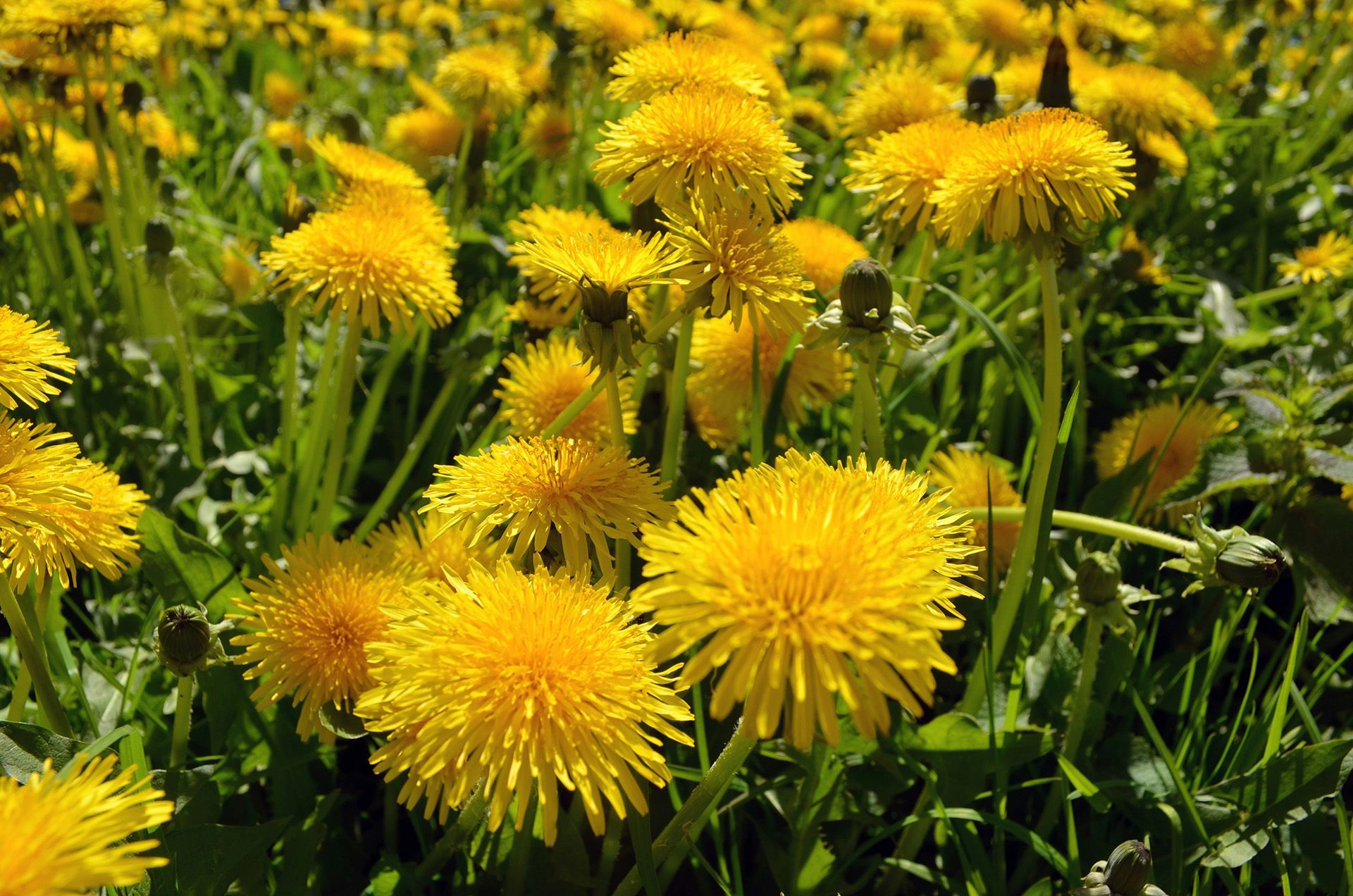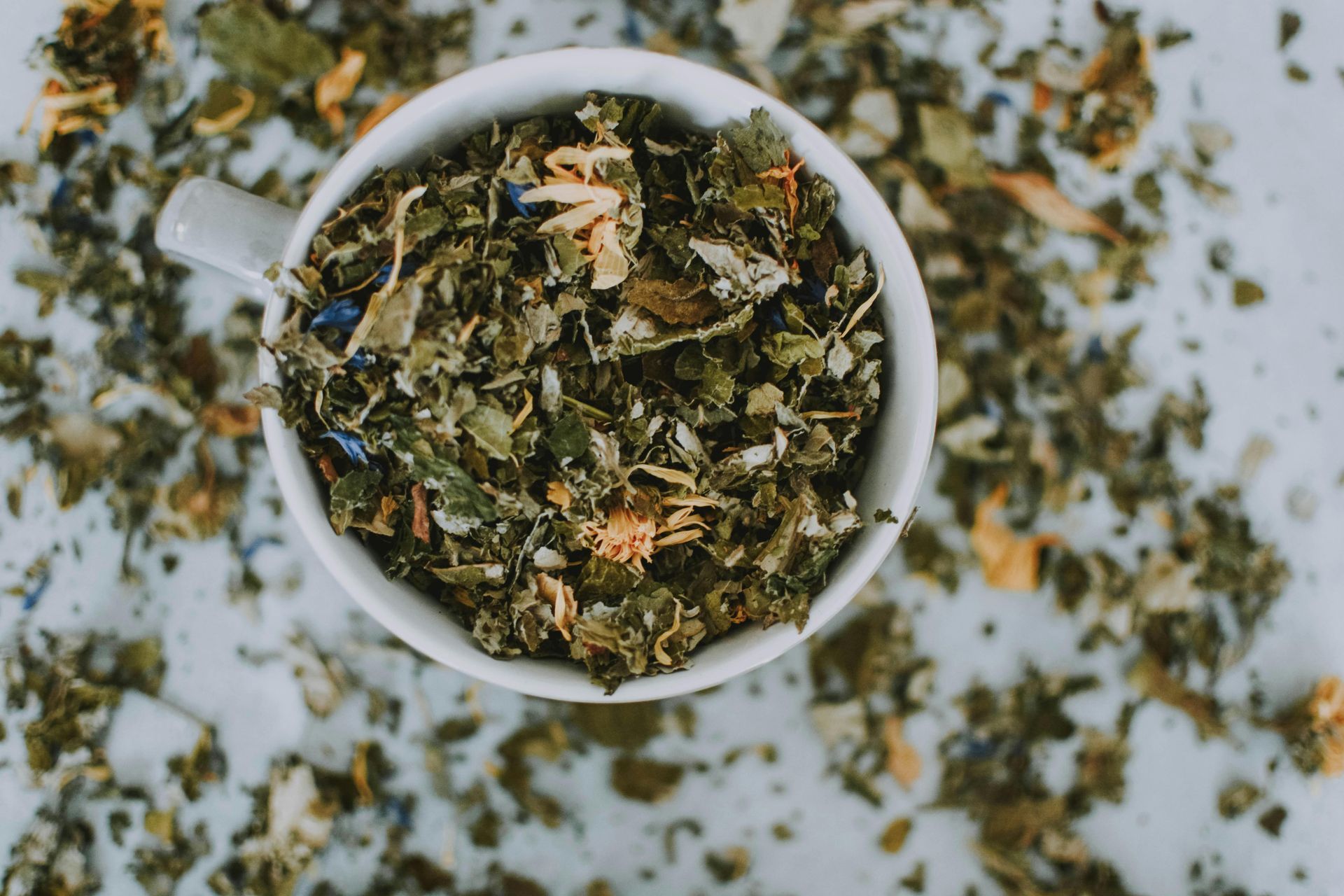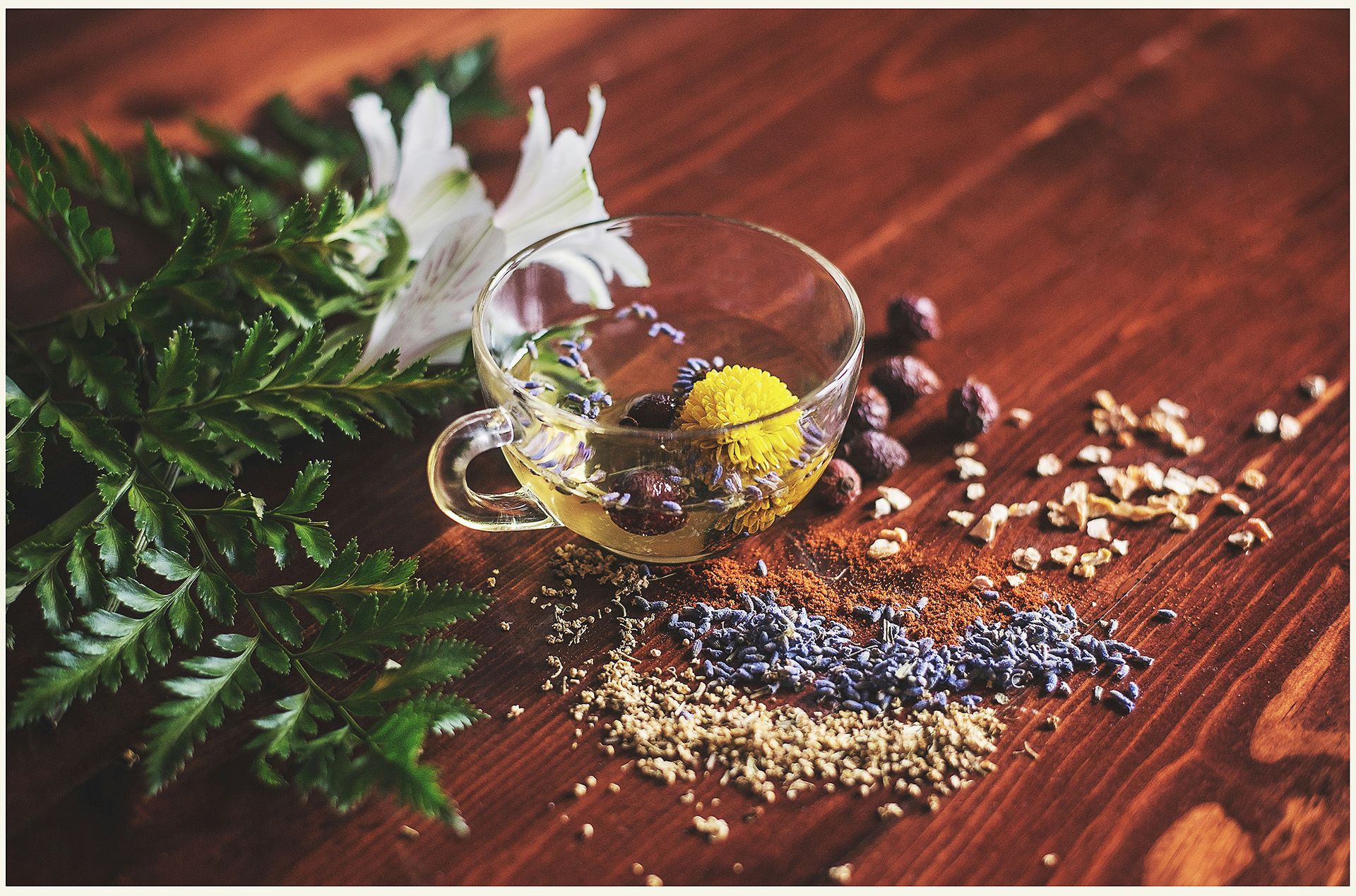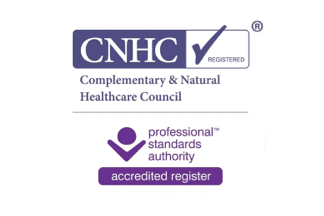WHAT IS HERBAL MEDICINE
Herbal medicine is far more than using “a herb for a condition.” It’s not a green version of a pharmaceutical approach—where one plant replaces one pill. It’s a whole system of healing that draws on tradition, clinical experience, and a deep understanding of how the body works.
When used well, herbal medicine doesn’t just suppress symptoms. It works to support the body’s own processes of balance, repair, and resilience, often leading to multiple improvements at once, even in areas that seemed unrelated. Side benefits rather than side effects.
PLANTS ARE POWERFUL
It is often assumed that natural means mild, but people are frequently surprised by how powerful herbal medicine can be. Herbs should always be used with knowledge, care, and respect.
Some of our strongest modern medicines are derived from plants: aspirin from willow bark, digoxin from foxglove, morphine from poppy. For this reason, it’s vital to consider any medications you're taking when formulating a herbal remedy, as herbs can interact with their actions.
Historically, plant remedies were used not just to soothe and support—but sometimes to purge, and stimulate aggressively, as in the case of Samuel Thomson’s 19th-century use of emetics and cathartics.
Or take the Poison Garden at Alnwick Castle—a chillingly beautiful reminder that many of the most toxic substances known to man are botanical in origin. Nature is not always gentle, but in the hands of a skilled herbalist, she is wise.
Modern herbalists no longer rely on heroic purging or dangerous doses. Today, herbal medicine is far more refined, evidence-informed, and gentle. But it still holds that quiet potency—and that same reverence for the plant world.
MORE THAN THE SUM OF ITS PARTS
Where pharmaceutical medicine often focuses on a single active ingredient, herbs contain hundreds of compounds that work synergistically. A single plant may have anti-inflammatory, digestive, and calming effects, depending on the context in which it’s used—and on who it's being given to.
And again, nature’s wisdom shines through. In contrast to medicinal diuretics, which can lead to potassium loss, dandelion (Taraxacum officinale) contains high levels of potassium—balancing its own diuretic action with the minerals needed to offset that effect.
This is why herbal medicine doesn’t work well when taken out of context. It’s not just what you take, but how, when, why, and in whom.
ROOT CAUSE AND CONSTITUTIONAL BALANCE
Herbal medicine aligns beautifully with the Functional Medicine model—and in many ways, precedes it. Long before root cause medicine became a buzzword, traditional herbalists were asking the same core question: "Why is this happening?” Herbalists don’t just treat the symptom—they ask why it’s happening in the first place. Is your insomnia due to stress, hormonal shifts, blood sugar imbalance, or constitutional depletion? Different causes need different herbs.
This root-cause approach often leads to surprising results. When the deeper imbalance is addressed, whether physical, emotional, or energetic, seemingly unrelated symptoms can ease alongside the main concern. Clients often say things like: "I came for my digestion, but my anxiety has improved too.”
It’s one of the quiet gifts of herbal medicine: side benefits, rather than side effects.
PERSONALISED AND POTENT, YET RESPECTFUL
Modern herbalists are trained to blend herbs specifically for you—not just for your diagnosis, but for your constitution, history, and the web of symptoms you're experiencing.
We use tinctures, teas, powders, topical creams and sometimes capsules, drawing from plants that support your organs, calm your nervous system, nourish your tissues, and gently nudge your body toward healing. Each formula is tailored, and often evolves over time, just as you do.
HERBS AND THE BODY: WORKING TOGETHER
Herbal medicine respects the body’s intelligence. It doesn't override or suppress—it supports and restores. It works best when combined with other tools like nutrition and lifestyle change, and when used by someone who understands both the science and the art of healing.
At its heart, it’s about working with nature - your nature, and the nature of plants - and trusting that, given the right conditions, the body knows how to find its way back to balance.
Ready to Get Started?
If you feel that this approach resonates with you and you’re ready to take the next step, I’d love to work with you. You can book your initial consultation directly using the button below.



